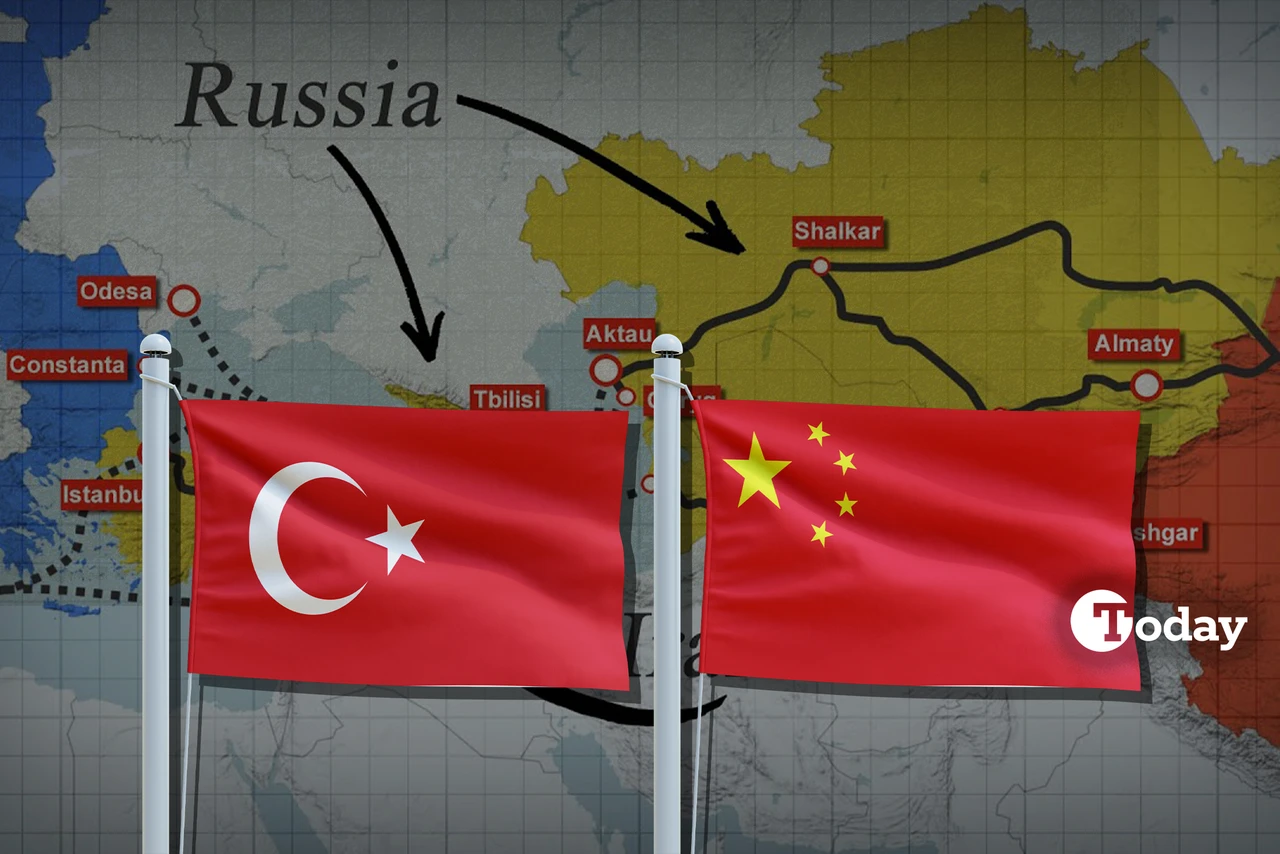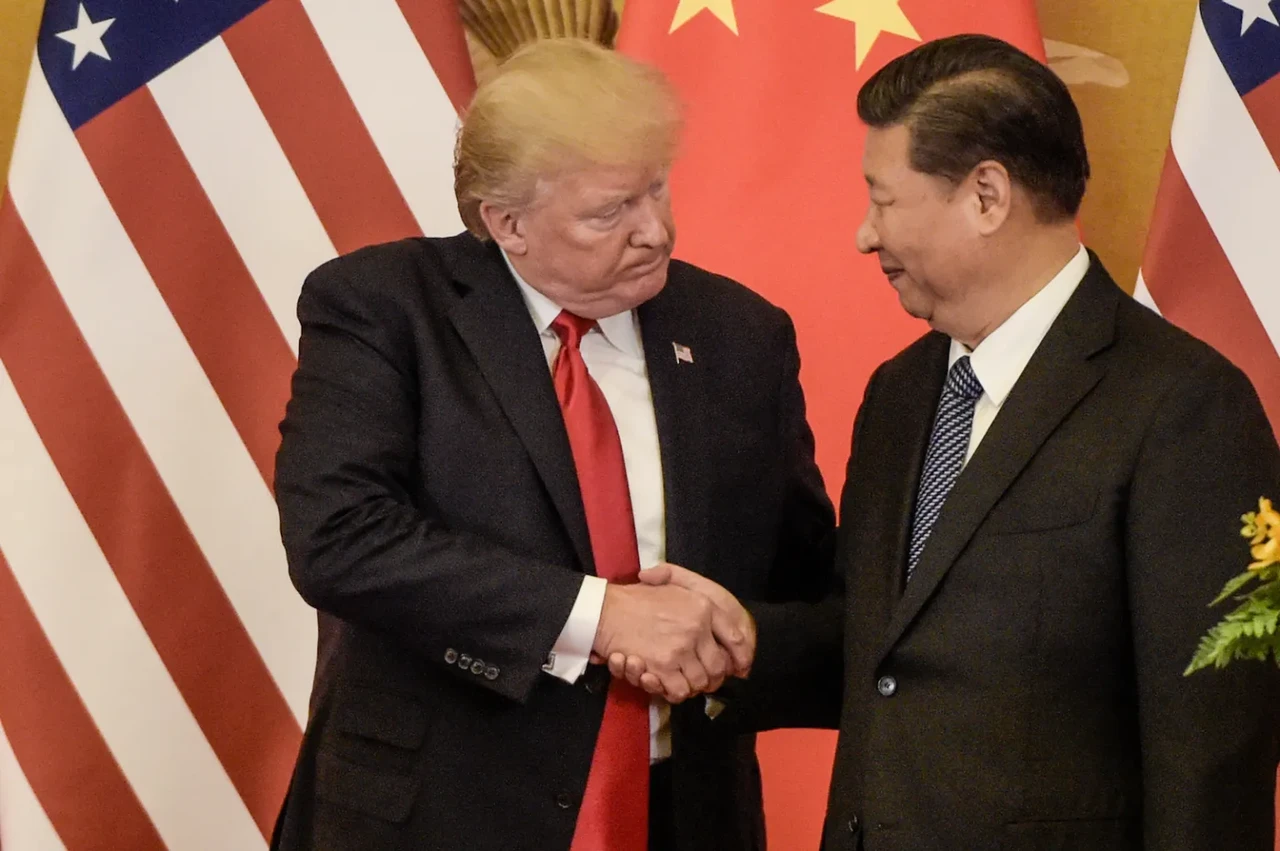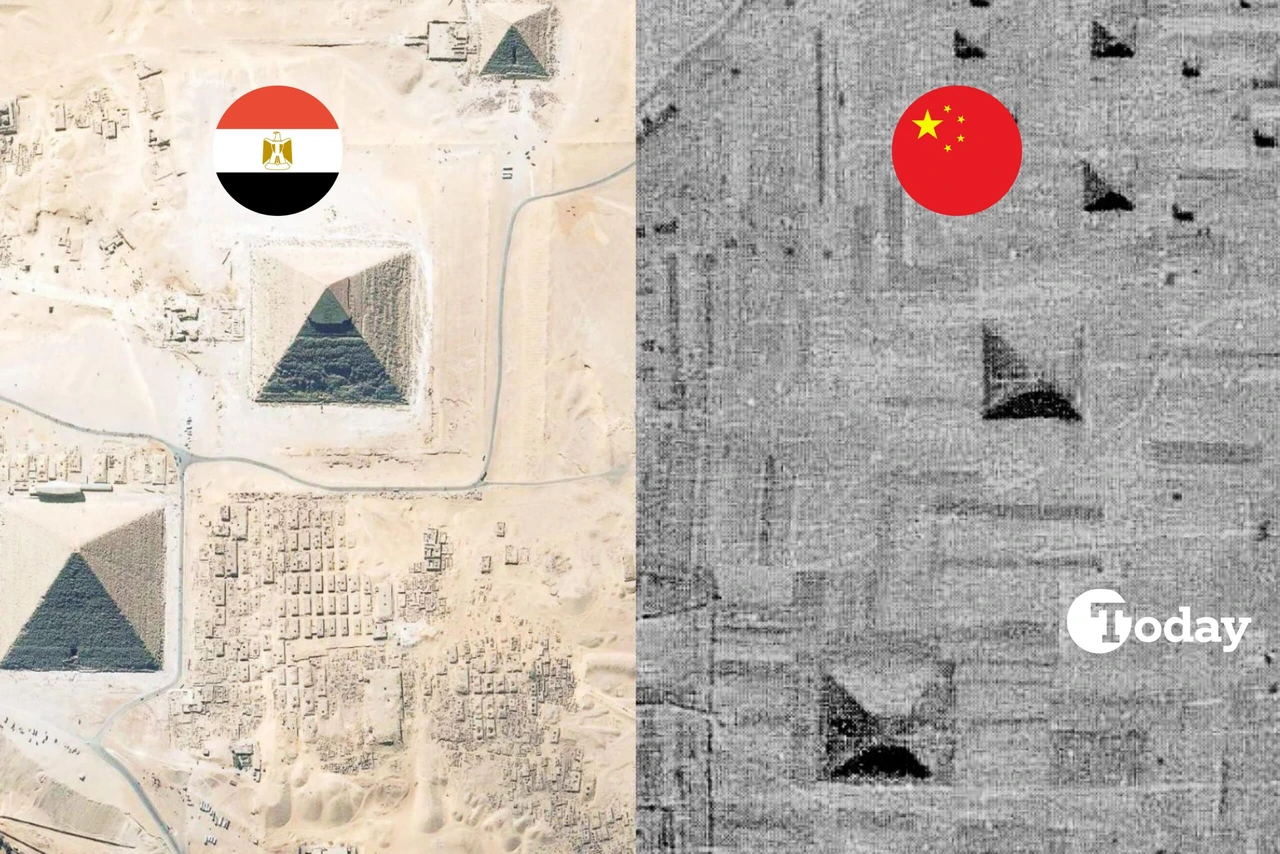China condemns US VP Vance for ‘Chinese peasants’ remark
 US Vice President J.D. Vance introduces Elbridge Colby, nominee to be Under Secretary of Defense for Policy, at Colby’s nomination hearing in front of the Senate Committee on Armed Services in Washington, DC on March 4, 2025. (AA Photo)
US Vice President J.D. Vance introduces Elbridge Colby, nominee to be Under Secretary of Defense for Policy, at Colby’s nomination hearing in front of the Senate Committee on Armed Services in Washington, DC on March 4, 2025. (AA Photo)
China issued a sharp rebuke on Tuesday to U.S. Vice President JD Vance over his characterization of U.S.-China economic relations, calling his comments “ignorant and impolite” in an unusually direct criticism of a high-ranking American official.
The diplomatic flare-up follows Vance’s appearance on Fox News last Thursday, where he defended the Trump administration’s expansive tariff policies by criticizing the structure of U.S.-China trade.
“We borrow money from Chinese peasants to buy the things those Chinese peasants manufacture,” Vance said during the interview. “That is not a recipe for economic prosperity. It’s not a recipe for low prices, and it’s not a recipe for good jobs in the United States of America.”
Chinese foreign ministry spokesman Lin Jian responded forcefully during a regular press briefing.
“China’s position on China-U.S. economic and trade relations has been made very clear,” Lin said. “It is surprising and sad to hear such ignorant and impolite words from this vice president.”
The exchange comes as President Donald Trump continues to double down on his aggressive trade policies, which have sent shockwaves through global markets and raised fears of an international recession. Trump has ruled out any pause in implementing tariffs, which he argues will revitalize American manufacturing by forcing foreign companies to relocate production to the United States.
Most economists have questioned the effectiveness of the administration’s approach, describing the tariffs as arbitrary and potentially self-defeating.
Meanwhile, the Chinese Embassy in the United States appeared to make a pointed historical reference on social media. In a post on Twitter, the embassy shared a speech by former President Ronald Reagan regarding tariffs, noting: “Ronald Reagan vs. #tariffs: 1987 speech finds new relevance in 2025.”
The latest diplomatic tension highlights the continued strain in U.S.-China relations under the second Trump administration, which has made confronting Beijing on trade a centerpiece of its economic policy.



